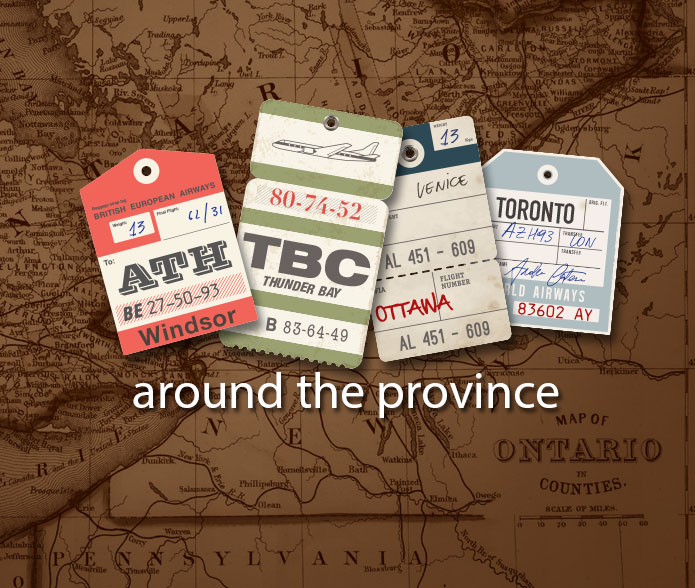Learn about the benefits of constructing a multi-year internship from a MLIS student's perspective.
Editorial: why academic freedom matters to librarians
Academic freedom is important for academic librarians. Unfortunately, not everyone understands our position and sometimes we are not able to succinctly or convincingly lay it out – but we have to.
When I explain the importance of academic freedom to librarians, I often argue it’s because we are an integral part of an ecosystem that relies on these same freedoms. My argument is by no means authoritative, but I’ve found it a useful and relatable lens through which to view the importance of our profession.
Imagine that our ecosystem depends on water, just as a city relies on its municipal water supply. Within this system water comes from multiple sources, and must be clean because it has to go a lot of different places. It nourishes people both rich and poor, and is used for any number of public works that increase the quality of life for us all. The water also flows into a number of pump houses (universities), which use it to distill and process new water (new research), which flows back into the system.
The clean water in this system is the ideal form of academic research – clean and safe to drink, unsullied by dirt and particulate matter (inaccuracies and poor scholarship) and free of contaminating chemicals (systematic biases and agendas).
Now, there’s one piece missing: the means by which the water gets from its many sources to the pump houses and all the other places it needs to be. That’s where libraries and librarians come in.
We’ve spent a long time studying the logistics of moving this water around. We know how to robustly and efficiently design systems to get the water where it needs to go, and we’re good at installing filters to screen out impurities and valves to close off sources that are contaminated by chemicals.
Our freedom within this system is important because we need to close those valves when we detect problems with the water coming out of them. We also need to warn others if the source is bad and to make sure our own pipes remain clean and don’t contaminate the clean water they’re carrying – there’s a reason people don’t use lead pipes any more.
The precautions we take are critical because they protect the system’s pump houses which take this water to generate more water, and we can’t use contaminated water to make the pure stuff. If the pump houses use bad water, they produce bad water and the entire system – and all those dependent upon it – suffers.
We librarians are the plumbers of this system and we must be free to install whatever fittings we need, and to share information and best practices with our fellow plumbers to safeguard the health of the system we are all maintaining.
I’ll drop the metaphor now, and say it straight out: librarians must have the freedom to analyze and refigure the systems and sources of scholarly communication because we have a responsibility to keep those systems healthy. We must be able to develop new ways of curating the system, to talk to our colleagues and to share information in order to effectively understand a large and complicated landscape.
When we lose our ability to freely maintain the health of the system, everything produced by the system will soon be unhealthy too.
Catch up on current academic freedom issues with the following:
Inside Higher Ed has an article that’s a good starting point
The new Library and Archives Canada code of conduct
University of Toronto’s Kimberly Silk’s blog has good aggregated links
Stephen Marks is a Digital Preservation Librarian for Scholars Portal.

